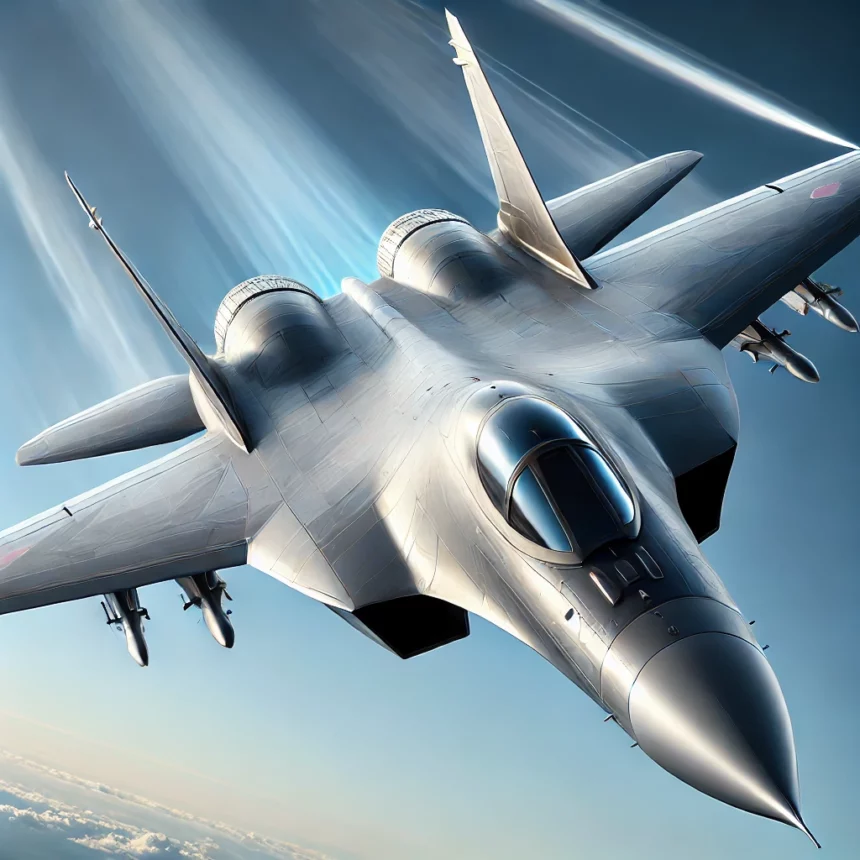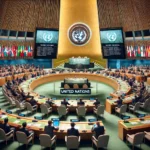Recently, Turkey has stepped up its diplomatic effort to lift U.S.-imposed CAATSA (Countering America’s Adversaries Through Sanctions Act) sanctions and get back into the F-35 fighter jet program.
At the heart of this standoff is Ankara’s acquisition of the S-400 air defense systems, made in Russia. This move sparked sanctions and resulted in Turkey’s removal from the F-35 program in 2019. Turkish leaders now hope that diplomatic engagement and the restoration of defense cooperation with the United States will result in a resolution to the standoff.
Efforts toward Lifting the CAATSA Sanction
The two most important figures on the front lines of all these activities have been President Recep Tayyip Erdoğan and Foreign Minister Hakan Fidan. Erdoğan, in his speech in New York just the other day, referred once more to the negative impact that U.S. sanctions have had on Turkey’s defense industry—a breach of trust between NATO allies, he said. He underlined the fact that excluding Turkey from the F-35 program goes against the sprit of the Alliance, considering the role that Turkey has played within NATO since its accession.
In an interview with the state-run Anadolu Agency, Fidan mirrored Erdoğan’s tone and referred to seeking a “creative formula” over the S-400 issue. According to reports, talks between Turkey and the United States have focused on warehousing the S-400 systems—a compromise that may allow Washington to lift the sanctions and readmit Turkey to the F-35 procurement program, but not as a co-producer.
The US stance has also been clear: the only way to ease the CAATSA sanctions is if Turkey resolves the S-400 issue. The US and the entire NATO have expressed great concern over Turkey’s purchase of S-400 systems from Russia, fearing that their operation could reveal the secrets of the F-35 jets.
U.S.-Turkey Defense Relationship
Aside from the F-35 issue, there have been larger complications in the area of defense between the United States and Turkey. Following Turkey’s removal from the F-35 program, Ankara reached out to the U.S. with the intent to purchase 40 Block-70 F-16 fighter jets and 79 modernization kits. The green light came only after Turkey backed Sweden’s bid to join NATO, thus constituting a positive turn in bilateral relations. However, Erdoğan urged the U.S. to lift further restrictions and sanctions, including the ones about the defense industry.
During his visit to New York for the UN General Assembly, Erdoğan pointed out Turkey’s place in global supply chains, including cooperation on the production of vital ammunition in the Ukraine-Russia war, and argued that unilateral sanctions—like those under CAATSA—and tariffs on Turkish steel and aluminum are standing in the way of the long-term goal of bilateral trade rising from $30 billion in 2023 to $100 billion.



